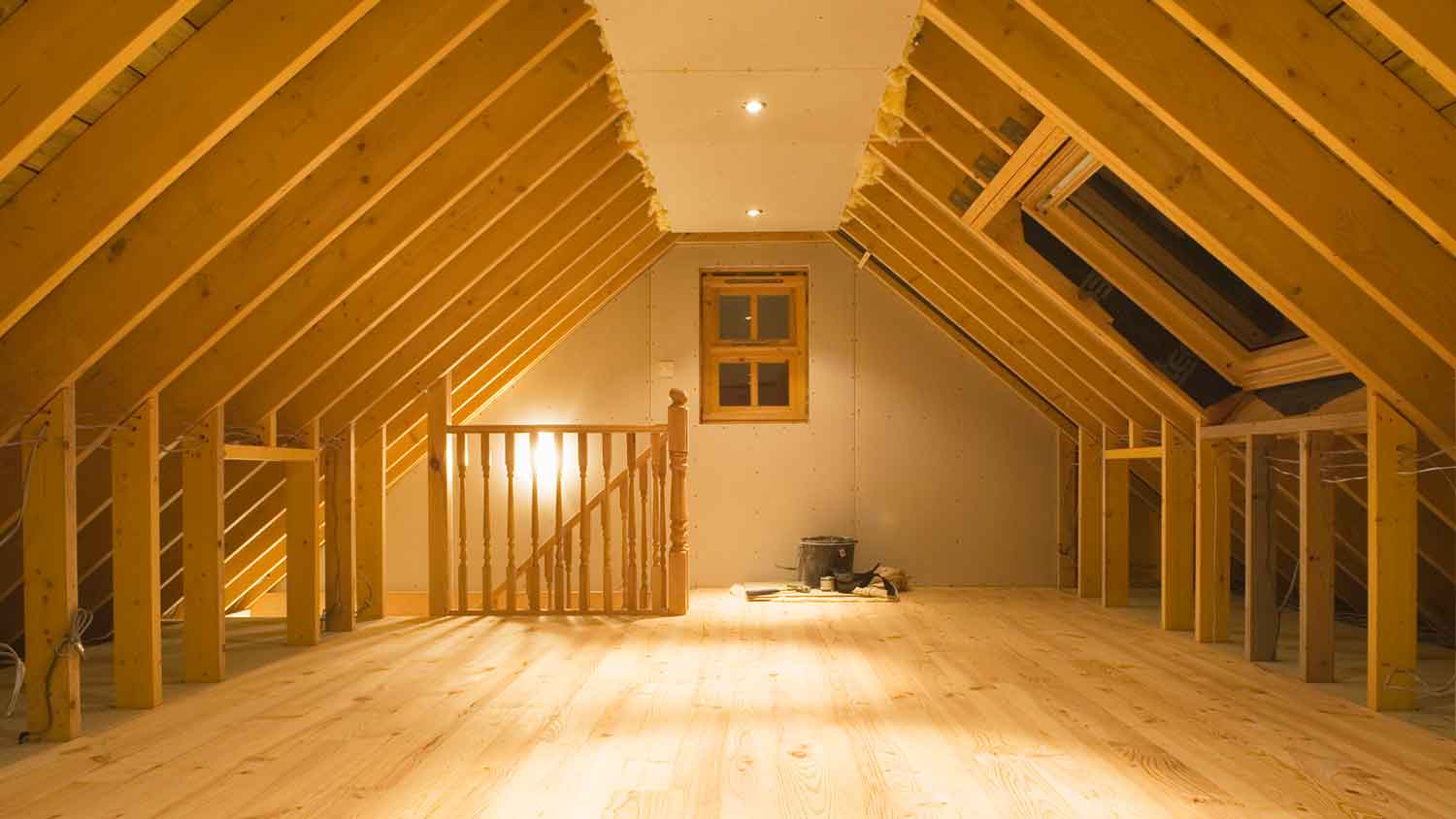
Looking to add a personal touch or some patriotic flair to your property? Learn about flagpole installation costs and how to budget appropriately.
If your contractor asks you any of these questions, just say no


When you hire a contractor to work on your home, you start a relationship that may last for months or longer, depending on the scope of your job. So don't hire someone without being completely comfortable with them, both as a professional and as a person. Any of these seven questions should set off warning bells about the contractors you interview.
When you find a contractor whose bid works for your budget and who you think you’ll work well with, you want to get started as soon as you can. But if they ask you to hire them without a contract, that's a big red flag and you should end the relationship immediately. No reputable contractor would ask this of a client.
There's nothing legally wrong with asking for cash payments, but there could be a problem with verifying payments have been made without a check or credit card record to have for reference. Sometimes a contractor will offer a discount in exchange for a cash payment, which is fine if you are sure your contractor is someone you can trust—for example, someone you’ve worked with previously. Just make sure to get a written receipt in exchange for a cash payment to keep for your files.
Ideally, you should pay your contractor by check or other means to create a paper trail if there is a problem down the road.
Every state has different regulations regarding deposits paid to contractors, but a good rule of thumb is between 10% and 25% of the total estimated cost of the job. If your contractor asks for more, you should ask them why they need such a large down payment. If you aren't satisfied with the answer, find another contractor.
The exception to this is if you are having cabinets or other types of custom-made work done. In that case, the supplier will need a down payment in addition to what your contractor requires.
This question may be OK if you’re doing a major renovation that involves moving walls, gutting the home's bathrooms and kitchen, or other structural work that will make the home uninhabitable for a while. But if that's not the case, there's no reason why you should have to leave your home.

There are reasons why you need to get multiple bids from various contractors before hiring someone to do work on your house.
The more bids you get, the more options you'll have
Comparing costs can help you find the most economically comfortable for you
Bids can help you get ideas that you may not have thought of for the job
You can see how much detail and care a contractor puts into their work in their initial bid
There’s no situation when a contractor should see a competitor's bid. That’s your information to use to make your choice. If you want to tell a potential contractor that their bid is too high, they can then adjust their prices if they want to.
Not having a contractor's license is never OK, for these reasons:
A licensed contractor has the proper training and knows how to get the correct permits and follow the rules of the city and state they work in
A licensed contractor will carry the proper insurance to protect their workers and your family and home
A licensed contractor will do everything they can to complete the job since their reputation depends on it
Without a license, a contractor has no one to answer to if things go wrong. That's why you should always hire a contractor with a license. The requirements and regulations vary by state.
The contractor should do scheduling and communication with the subcontractors about all work involved in your job. It's the contractor's responsibility to make sure that you’re satisfied with the subcontractor's work. There's no reason why you should have to get involved with the workflow of your project.
From average costs to expert advice, get all the answers you need to get your job done.

Looking to add a personal touch or some patriotic flair to your property? Learn about flagpole installation costs and how to budget appropriately.

A bidet—stand-alone, attachment, spray nozzle, or toilet combo—reduces toilet paper usage and saves money, but how much is a bidet? Here’s how much you’ll pay.

Learn how much it costs to board up a window to buy yourself some time and maintain home security while you wait for the permanent repair.

For homeowners who struggle to keep up with household chores, or those whose health prevents them from doing certain tasks, hiring help with chores around the house can be a huge help.

A handyperson has the best home improvement tips, tricks, and hacks. We share advice that will help you put a handyperson’s touch on different DIY projects.

Discover the cost to install faux wood beams. Learn about price factors, installation options, and ways to save on your faux wood beam project.